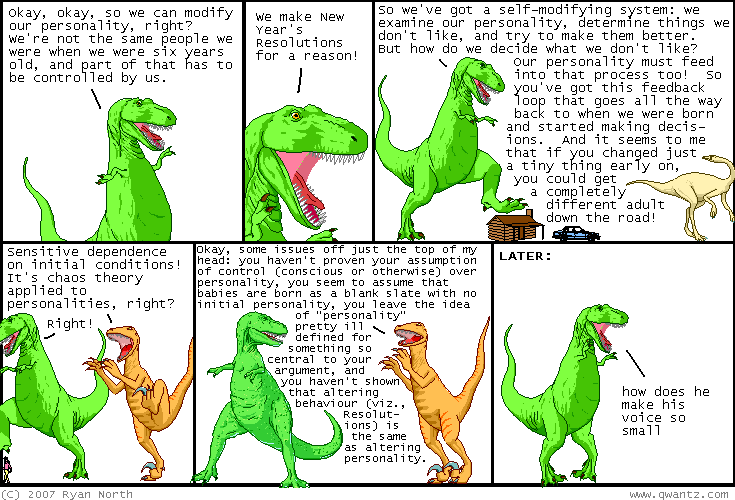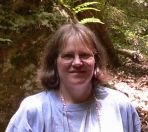"the Young Musicians Initiative, a series of partnerships and fellowships designed to, as Borda puts it, "connect the dots" in the sprawling local music education scene. The initiative's centerpiece will be Youth Orchestra L.A., a campaign to start orchestras in underserved areas. Eventually, by working with dozens of schools, public and private agencies and arts organizations, the Philharmonic hopes to give every child in the county the opportunity to play an instrument."
From Reuters:
"Special recognition went to conductor Gustavo Dudamel and the Simon Bolivar Youth Orchestra of Venezuela. Given jointly by classical WQXR New York and Gramophone magazine, this award acknowledged the worldwide influence these players have had on listeners and the life-changing impact the program, also known as El Sistema, has had on its own musicians. Since its founding 30 years ago, El Sistema has helped bring music to underprivileged and at-risk players and listeners throughout their home nation, and inspired similar programs in other countries."

























